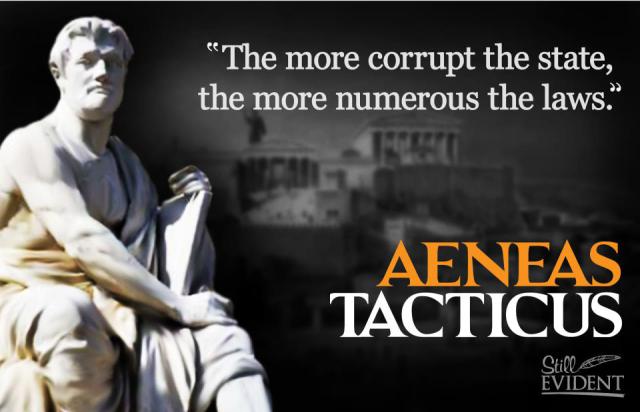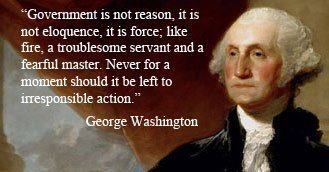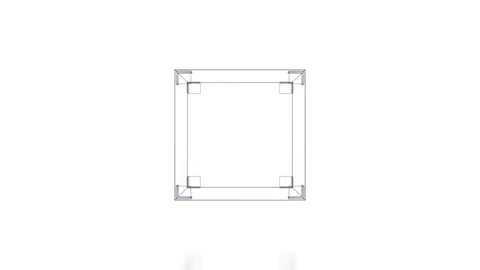Fixing our broken system - where to even begin? Part 1: The legal system

So I've written a lot of previous posts on the deep corruption at the core of society, but I would also like to focus on what real solutions would look like as well. This is not a simple topic and therefore it will need to be done in a series of posts. The real problem is that all of our societal systems are deeply interlinked with each other. In other words, you can't change the legal system without changing the political system; you can't change the political system without changing the monetary system; you can't the monetary system without changing the economic system; etc. etc. All of these systems are fully interlinked.
I've decided to start with the legal system as a basis and then move on from there since it's pretty much the core of how we work with each other in society (well, at least from a governmental perspective). It is the legal system that defines what our societal rights and liberties are as well as what we are (and are not) allowed to do in society. The legal system is therefore fundamental to every other system in society. If the legal system is a disaster (and it is), then everything else is as well.

What a legitimate legal system looks like
A legitimate legal system is there to protect the weak from the criminal and powerful of society. Here is a list of what a legitimate legal system should and should not do:
What the legal system should do (not including political activities)
- Enshrine that all rights are inherent to the person unless stated otherwise
- Declare societally damaging activities not allowed (e.g. theft, murder, etc.)
- Provide for an approach to support the populace in protecting itself
- Provide for an approach to present grievances to be assessed by a jury of peers
- Provide for an approach to ensure that justice is properly served for grievances
What the legal system should NOT do
- Create an ever growing collection of laws, statutes, and codes
- Create a class of legal administrators (lawyers and judges) that assess the law
- Create a class of policy administrators (police) that enforce the law
- Create a massive administrative system to create and manage the law (politicians, departments, and administrators)
- Create a system in which there is no equal footing due to excessive costs and/or special education requirements (e.g. legal fees and legal knowledge)
- Create a system of laws to control the people and strip them of their wealth (e.g. "big brother" monitoring, regulations, fines, and non-apportioned and/or non-represented taxation)
- Create social systems declared to support the poor but in reality create manipulative, money stripping bureaucracies (e.g. social security and socialized healthcare)
Once we have left the above principles behind, it is no wonder that people begin talking about changing to new systems where there is no more government - e.g. anarchy / anarcho-capitalism. This is because the law no longer represents the people, but rather represents those in power. The problem however is not the law, but rather the corruption of the system of the law and the state and its abuse of power against those with less power.

What does a proper legal system look like
A proper system of government should be extremely simple and leave the people in control rather than many classes of administrators. If legal representatives are applied, they must be held fully accountable to the people at an extremely local level. They must also be minimized as far as possible. Such a system should best apply the following basic principles:
- Principle-based laws rather than codified laws - allowing the "spirit" rather than the "letter" of the law to be interpreted
- Jury by peers rather than judges and attorneys that "interpret" the law - enabling the spirit of the law and demanding citizen participation in the law
- Proportionate justice of the law assessed by jury rather than arbitrary penalties and fines that don't match the crime
- Regular assessment, and specifically minimization, of the law based upon effectiveness of the law in improving the community (likely based upon select local representatives elected to take this responsibility)
- Enablement of citizen defense of the law rather than police force of the law - requiring citizens to take responsibility to enforce the law locally among their communities (similar to a militia)

With the above principles built into a system of law, it then becomes extremely difficult to turn the law against the people in a way that makes them indirect slaves to it and the government. We must have a clear vision and precise principles of what we are expecting of our future legal system, otherwise, we will invariably come back to the same unjust system that we have today. Our only further challenge is in finding the right opportunity to implement something far better than the legal system that we currently have ensconced around the globe today.

A great post. I hope to read the rest of what you intend to write.
Some of the pieces I have thought up:
A law needs to be passed by 90%. (not 51%)
If 90% of the people aren't already following it, then it isn't a law.
All laws should be written in one page, in english.
After the first page, there will probably be many pages of legalese to close the loop holes and state things more exactly.
All of the laws should fit into one book.
If the set of laws is bigger than the bible, no one can read them, let alone follow them.
Thanks a lot. For me as well, the key is simplification and real ownership of the laws by the people. Without this, it requires an army of administrators to manage the law. In addition, people will never understand nor support the laws that are created. This encompasses the vast majority of law that we have already today - bloated legalese that provides negative value on every level.
Theres really not much more that 'common law' and 'judgement by peers' might offer . The rest, as you say, is loophole or interpretation territory. The common law should be able to be understood and defended by any layman.
Men in wigs using another language specific to their law, that they themselves say the layman should understand (ignorance is no defense) is utterly ridiculous and should be abolished.
This is a historic fact that nations takes turns. Suffering leads to revolutions and new systems. New generations takes things for granted. Corruption become unstoppable. Nation goes down. Suffering and oppression start all over again to give birth to new revolution. This cycle used to take few hundreds of years, now it takes few decades. Your post can be stepping stone in that direction.
True.. I'm just hoping that my posts help to start the discussion of what we should be targeting for a future that works far better than the present. We need to build an awareness of what works and what doesn't and get as many people as possible interested in building out a new societal vision. Only then do we have a chance of designing and implementing a better future for our children
img credz: pixabay.com
Nice, you got a 67.0% @davidding upgoat, thanks to @newsandviews
It consists of $4.53 vote and $1.51 curation
Want a boost? Minnowbooster's got your back!
Congratulations @newsandviews! You have completed some achievement on Steemit and have been rewarded with new badge(s) :
Click on any badge to view your own Board of Honor on SteemitBoard.
For more information about SteemitBoard, click here
If you no longer want to receive notifications, reply to this comment with the word
STOP